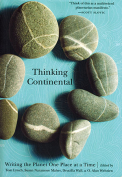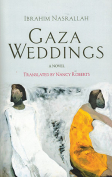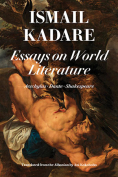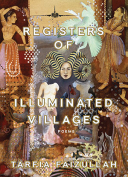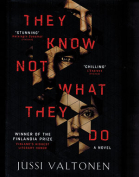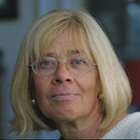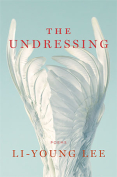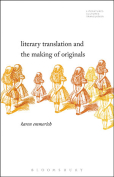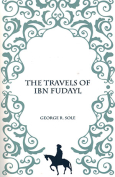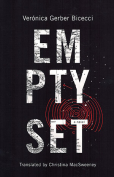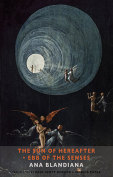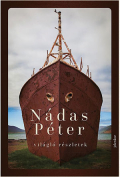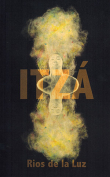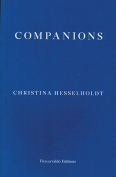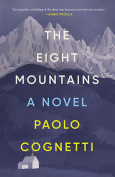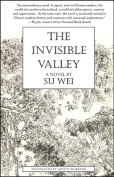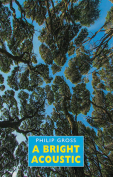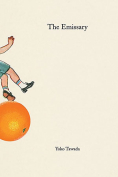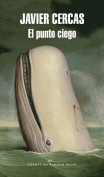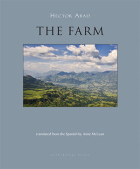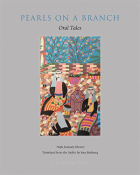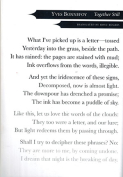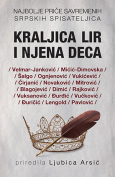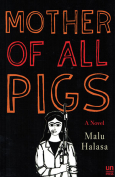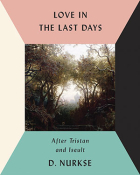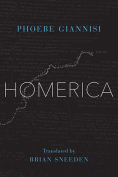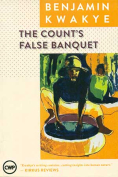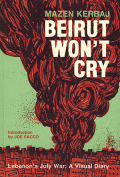Mother of All Pigs by Malu Halasa
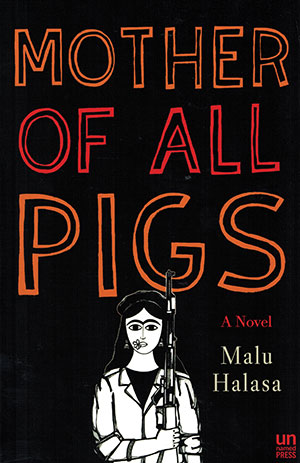 Los Angeles. Unnamed Press. 2017. 266 pages.
Los Angeles. Unnamed Press. 2017. 266 pages.
Malu Halasa’s debut novel, Mother of All Pigs, is entertaining, disturbing, and educational. The author of six nonfiction books covering Syria, Iran, and Lebanon, Halasa now turns to Jordan for fiction.
In the nexus of Europe, Asia, and Africa known as the Levant, Jordan is almost landlocked by Saudi Arabia, Iraq, Syria, Israel, and Palestine. Long a refugee oasis, the country has recently faced large arrivals. Sunni Muslims comprise the vast majority of this monarchy, with Christians a tiny minority. Halasa portrays the Sabas family, Christians in a small conservative town bordering Syria.
Hussein Sabas runs a butcher shop but also keeps pigs, selling pork on the side. His Muslim customers, who can’t eat it, are upset. More relatives appear. A family tree would have helped. Hussein’s uncle, Abu Za´atar, owns the “Marvellous Emporium” black market. An “Agent of Progressive Change,” Abu loves the free-market economy. There are strong Sabas women: Mother Fadhma (thirteen children); her youngest daughter, Samira; Hussein’s wife, Laila; and Muna (Fadhma’s great-niece visiting from Ohio). Umm al-Khanaazeer, the “Mother of All Pigs,” stars. Her touching reminiscences exemplify porcine empathy in occasional italicized sections. She’s a symbol representing girls kidnapped, mothers of numerous children, women suppressing opinions, differing gender standards. Halasa shows “the vestiges of a disappearing culture” where women decline to “stay home and bake baklava” but are “at odds with American” practices. Education offers the “opportunity to cast off outmoded values.”
Characters discuss the Arab Awakening, the deceptive nature of first impressions in a dictatorship, CSI, munitions profiteering, drones, Russia and the US, Daesh and the caliphate, Iraq as “a quagmire of angry religion,” and American dualism: “You feel better if one side’s good and the other is bad. Life is more complicated than that.” Paragraphs lengthen with facts. One misses musings from the Mother of All Pigs. Some details are not for the faint of heart.
Is Umm al-Khanaazeer a cuddly literary pig in the mold of Wilbur, Piglet, Mercy Watson, Olivia, Gub Gub, or Babe? No. The Mother of All Pigs nods to Animal Farm and concludes à la Lord of the Flies. Malu Halasa slaughters “a thousand years of tradition” in a world run amok as a feminist peace offering.
Lanie Tankard
Austin, Texas

